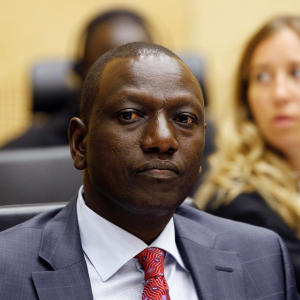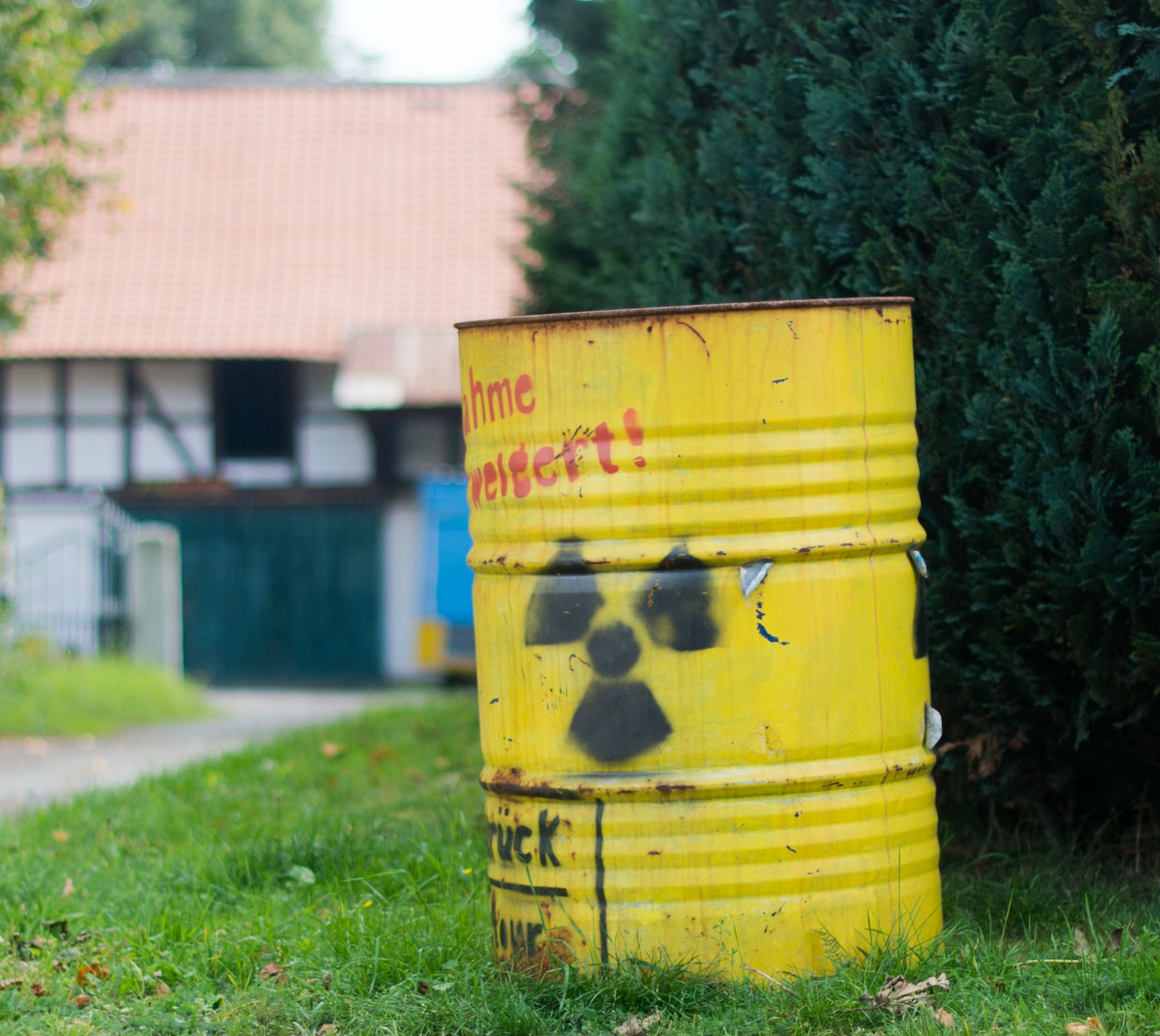The religious order founded by Australia's first saint has expressed concern about proposals to import high-level nuclear waste into Australia.
St Mary MacKillop's Sisters of St Joseph, who are celebrating their 150th anniversary this year, said the announcement by South Australia's Royal Commission into the Nuclear Fuel Cycle that Australia should welcome high-level radioactive waste from other countries was "profoundly troubling". The Sisters were founded in the South Australian town of Penola in 1866 by St Mary and English priest Julian Tenison Woods.
"Not one country in the world not even the USA – has been able to successfully contain its own high-level radioactive waste," the Sisters said in a statement after the Royal Commission issued "tentative findings" that South Australia could safely increase its participation in nuclear activities and, by doing so, significantly improve the economic welfare of its community. South Australia's economy is the weakest in Australia, with the impending closure of car manufacturing there and in other parts of Australia and the threatened closure of a steelworks in the port city of Whyalla.
"We are deeply concerned that economic considerations are increasingly the motivation for our most significant decisions," said Sr Monica Cavanagh, Congregational leader of the Sisters of St Joseph. "Surely care of earth and reverence for our land should be our underlying principles. As Pope Francis and Paris COP21 have argued, the abuse of natural resources and the priority given to economic advantage are resulting in devastating results for earth and for present and future generations."
The Josephites said they feared that the proposed sites for the storage of high-level waste were likely to be on Aboriginal lands. They said South Australians had strong memories of the Maralinga lands of the Pitjatjantjara and Yankunyjatjara peoples being used for the British nuclear tests of the 1950s and 1960s.
"Even after four ‘cleanups’, we know that dangerous materials, including plutonium, lie in shallow burial pits," their statement said.
KEEP UP TO DATE ON TWITTER AND FACEBOOK...
Follow all the latest news and events from the Catholic world via The Tablet's Twitter feed @the_tablet
Or you can join in the debate at our community page on Facebook




 Loading ...
Loading ...